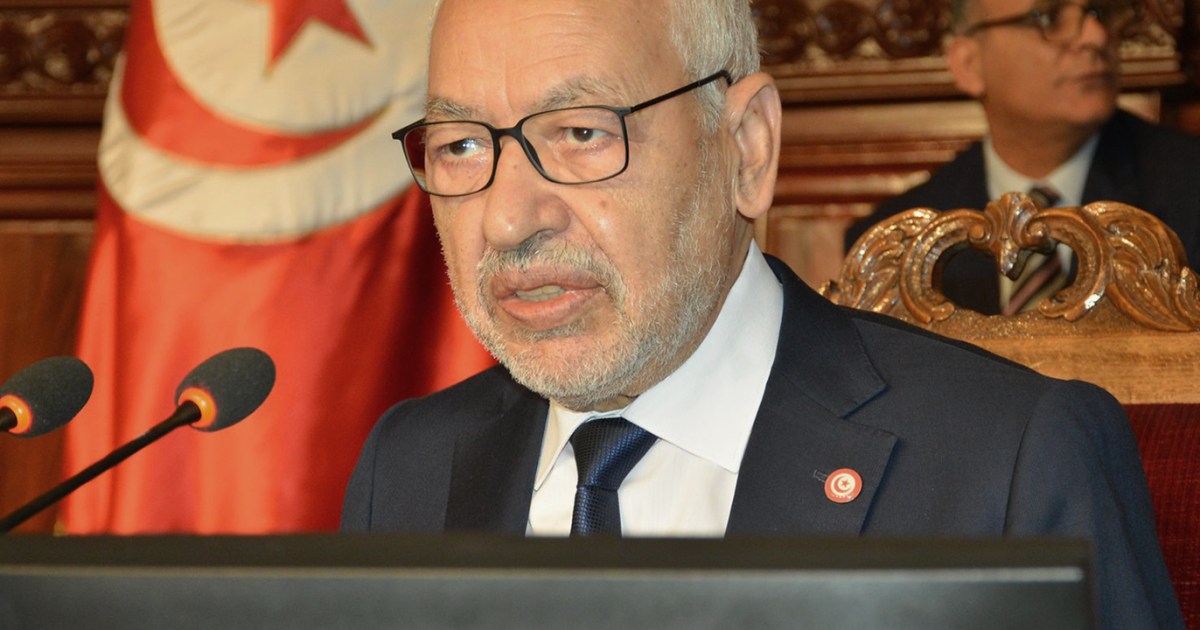The head of the Tunisian Parliament, the leader of the Ennahda Movement, Rached Ghannouchi, said that the change brought about by the Tunisian revolution should not be denied, but overcoming the damage caused by long years of dictatorial rule and returning to reliance on the principles of trust and consensus will take more than a decade.
In an interview with the British Middle East Eye website, Ghannouchi stressed that reform takes time, and that the current crisis that Tunisia is going through should be understood in light of broader contexts, including geopolitical factors, terrorism, economic stagnation and outbreaks throughout the world. Coronavirus pandemic and chronic economic slowdown in Tunisia.
The Ennahda leader expressed his optimism about democracy in Tunisia, and said that the country has overcome many obstacles during the last decade.
The interview comes at a time when the Tunisian street is experiencing popular unrest and calls for change were launched on the 10th anniversary of the Jasmine Revolution, in protest against the political stalemate and the economic crisis that the country is experiencing.
"People are right to protest, because their expectations were high while economic progress was slower than they thought, and then the situation was exacerbated by the Corona pandemic," Ghannouchi told Middle East Eye.
He made clear that democracy cannot be reduced to the voting process, and that the revolution was based on two slogans, freedom and dignity.
"In the first few years we have worked to consecrate the freedoms that people have fought for in the constitution, which is the most advanced in the Arab world, but it is difficult to achieve dignity because that is based on correcting the mistakes of 60 years of dictatorship, and we have taken our first steps towards that." .
"I am sure that this is not enough, and I am sure that our youth are not happy with this (achievement), and we understand their frustration. When our country set out on this path, we did not imagine the difficult circumstances that we will face," he added.
Ghannouchi said that Tunisia was able to overcome many obstacles through the willingness of the various political factions that make up its democracy to work with each other and put the country's interest at the top of their priorities, and this should remain the guiding principle for these forces as they move forward in the country.
The Tunisian Parliament Speaker also expressed the need to enact a new electoral law, and said, “The electoral system that we have had since the first elections after the revolution has led to the disintegration of the political system and prevented the emergence of a strong majority that can assume its responsibilities in government and can - accordingly - be held accountable. By the people. Therefore, we need to reform the electoral system if we want our democracy not to collapse. "

